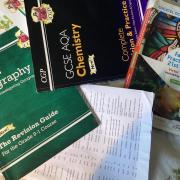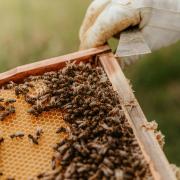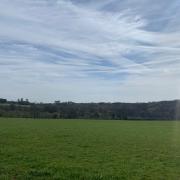
I spoke to Ronan McDermott, the Volunteer Police Cadet Coordinator for Hammersmith and Fulham, and Angela Vallely, the Head Cadet of the Hammersmith and Fulham division about what it means to be a Police Cadet and why now, more than ever, their work is so important in building a bridge between the youth and the Metropolitan Police.
So what’s involved in being a Police Cadet? Police Cadets meet in weekly training sessions which include a 40-minute drill session, an hour working in a classroom - covering topics such as knife crime, gang violence, black history month, LGBT and practising stop and search drills - followed by an hour of sports.
Angela described how being a cadet is like being a “younger version of a police officer”. Angela earned the role of Head Cadet after five years of being a regular cadet. Her role includes ensuring the other cadets stay in line, helping to pick teams for competitions and helping the cadets resolve any issues outside of their sessions.
Police Cadets help to break the barrier between us and the police by showing that a lot of the stereotypes we have of the police are untrue. Angela tells me that when she’s out and about she can go up to a police officer she knows by name and start comfortably chatting to them. She speaks to her friends about the activities she does and this can result in her friends joining the Cadets and changing their views on the police for the better.
Ronan said the Hammersmith and Fulham Cadets are a “100% true representative youth group of the area” with members from all faiths and races and that no one is excluded from joining: “We will take anybody”. They particularly want to reach kids who are just on the edge of committing crimes to avoid them going down the wrong path.
The work that Police Cadets do is especially important in the current political climate where Black Lives Matter protests have led to the revival of the ‘ACAB’ movement which criticises policing as an institution. It has exacerbated the rift between police and young people especially. Ronan described the blanket negativity towards the police as “disappointing”. He tells me that hard work is going towards youth engagement teams to build bridges between the police and the youth behind the scenes.
Ronan wants us young people to realise that “you can work with your local police officers side by side and they’re actually not bad people so tarring everybody with that same brush isn’t that fair.”



























